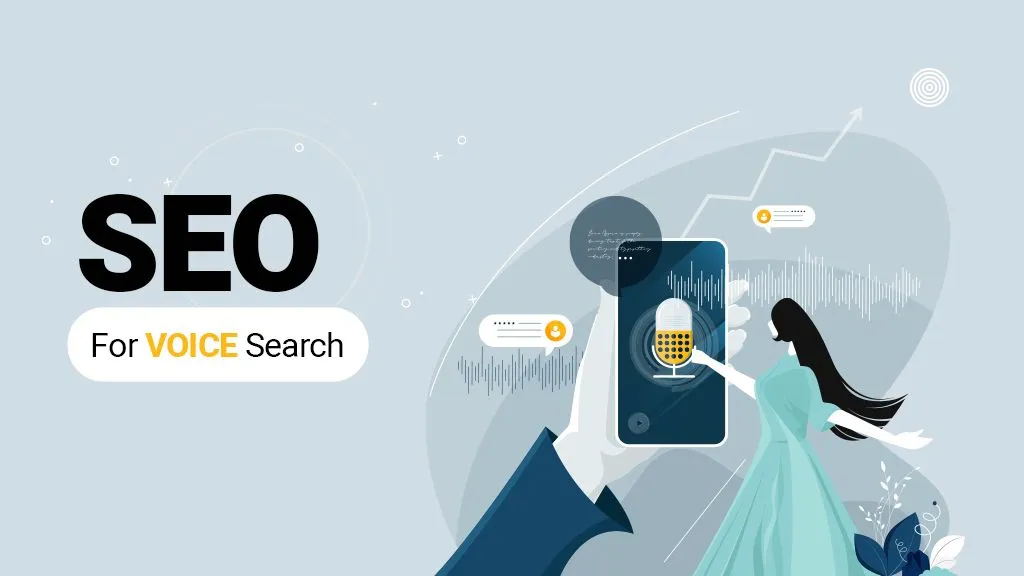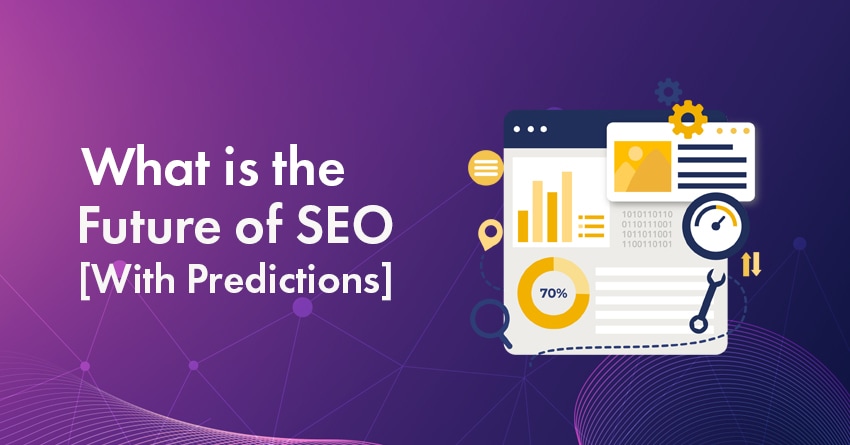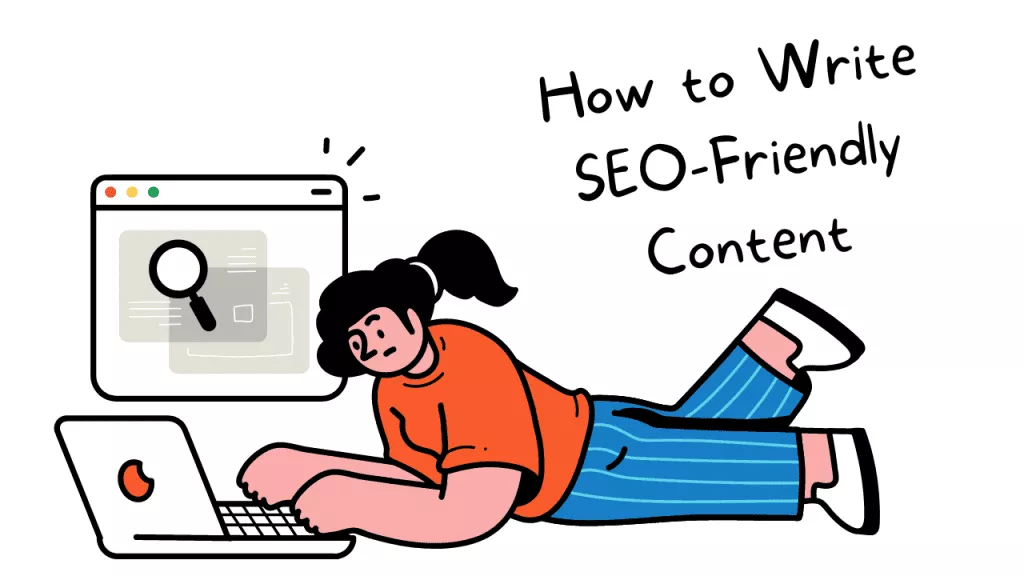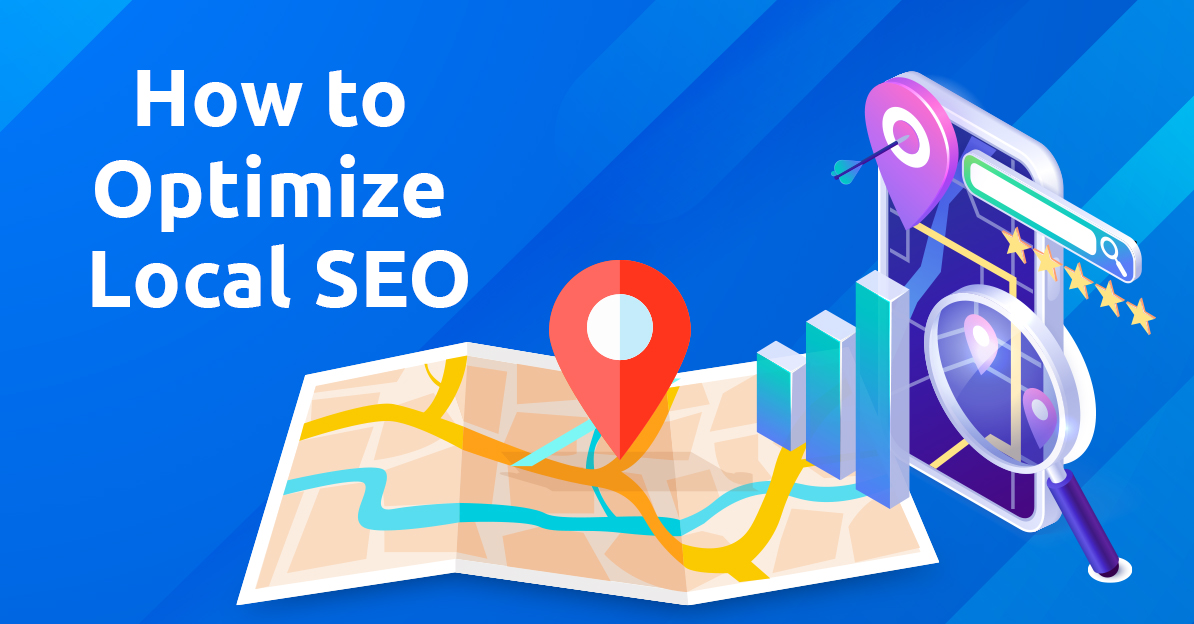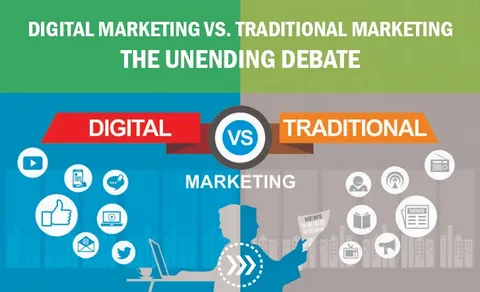
Traditional Marketing
Traditional marketing refers to the conventional methods of advertising and promoting products or services that were popular before the rise of digital marketing. These methods typically involve reaching out to potential customers through traditional channels such as television, radio, newspapers, billboards, brochures, flyers, and direct mail.
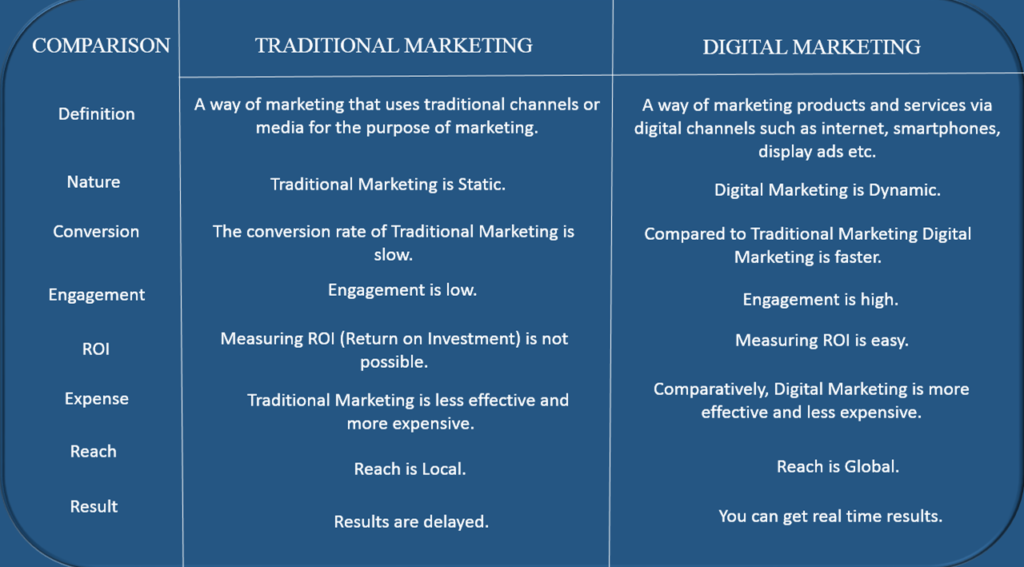
Some common examples of traditional marketing techniques include:
This involves creating commercials and airing them on television during prime-time shows, news broadcasts, or other popular programs.
This involves creating radio commercials and airing them on various radio stations during specific time slots.
This involves placing ads in newspapers or magazines that target specific demographics or interest groups.
This involves creating eye-catching advertisements and placing them on large billboards in high-traffic areas such as highways or busy intersections.
This involves creating and distributing printed materials such as brochures and flyers that provide information about products or services.
This involves sending physical mail pieces such as postcards or catalogs directly to customers’ homes or businesses.
While these traditional marketing methods can still be effective, they have been largely replaced by digital marketing techniques in recent years. However, many businesses still use traditional marketing methods as part of a comprehensive marketing strategy that includes both traditional and digital channels.
Online Marketing
Online marketing, also known as digital marketing or internet marketing, is the practice of promoting products or services using digital channels, such as search engines, social media, email, and websites. The goal of online marketing is to reach potential customers and engage with them in order to generate leads or sales.
There are many different tactics that can be used in online marketing, including:
Search engine optimization (SEO): The process of optimizing your website and content to rank higher in search engine results pages.
Pay-per-click (PPC) advertising: Advertising model where advertisers pay each time their ad is clicked.
Social media marketing: Using social media platforms like Facebook, Twitter, and Instagram to promote products or services.
Email marketing: Sending promotional messages to a targeted list of subscribers.
Content marketing: Creating and sharing valuable content (such as blog posts, videos, and infographics) to attract and engage a target audience.
Affiliate marketing: A performance-based marketing model where affiliates are rewarded for promoting a product or service and generating sales.
Online marketing is becoming increasingly important for businesses of all sizes, as more and more consumers turn to the internet to research and purchase products and services.
Traditional marketing Vs digital marketing
Traditional marketing and digital marketing are two distinct approaches to reaching potential customers. Here are some key differences between the two:
Reach: Traditional marketing methods such as TV ads, billboards, and direct mail have a broad reach, but their effectiveness can be difficult to measure. Digital marketing, on the other hand, has a potentially global reach and can target specific audiences using data and analytics.
Cost: Traditional marketing methods can be expensive, especially for small businesses. Digital marketing is often more cost-effective because it allows businesses to target specific audiences with precision, which can result in a better return on investment.
Interactivity: Digital marketing allows for greater interactivity with potential customers, such as through social media, email campaigns, and online chats. Traditional marketing is typically a one-way communication, where businesses push messages to customers.
Measurability: Digital marketing allows for precise measurement of key metrics such as website traffic, click-through rates, and conversion rates. Traditional marketing can be difficult to measure accurately, which makes it harder to gauge the success of campaigns.
Flexibility: Digital marketing allows for real-time adjustments to campaigns based on performance data. Traditional marketing campaigns, once set, can be difficult to change or update.
Overall, while traditional marketing methods may still have a place in some industries, digital marketing has become an essential part of most businesses’ marketing strategies due to its cost-effectiveness, precise targeting, and measurable results.
Also Visit – Seo In patna | Seo Expert in Kolkata | Real Estate Seo Expert

